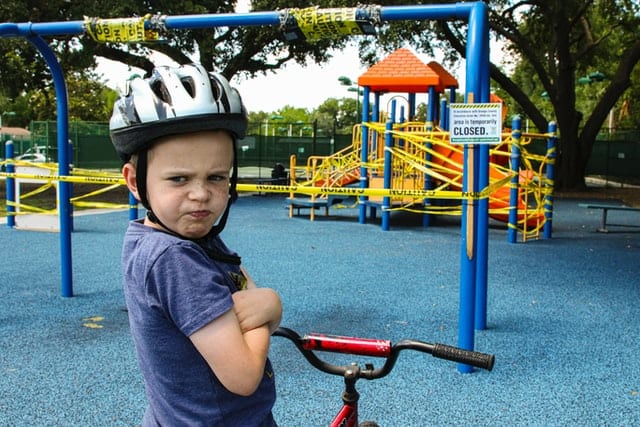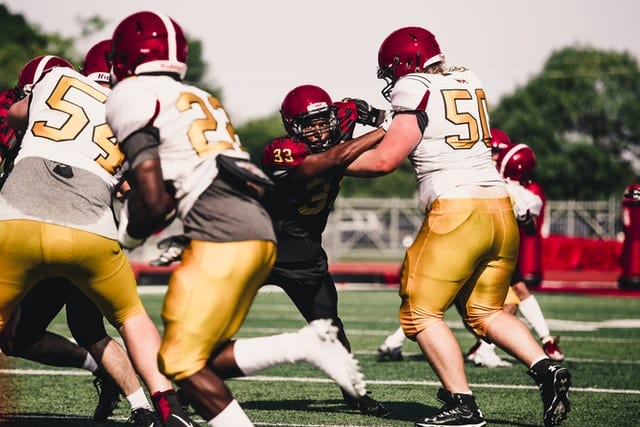Conflict is one of the most challenging of human enterprises. It happens when expectations are not met, when two (or more) people have a divergent perspective on truth, or when our emotions tell us a value is in danger.
Despite its negative connotation, conflict is a neutral entity. It is how we respond within it that makes it a positive or a negative. Conflict can help – it can build intimacy and bring clarity. Or, it can destroy and divide. The choice is up to each of us.
First Reactions
There are five Conflict Resolution Styles– competition, avoidance, accommodation, compromise, and collaboration. They are all pretty self-explanatory. Each points to a specific strategy, a way of trying to bring conflict to a close. Each has its value, time, and place – and each can be used poorly to exacerbate conflict.
For most of us, we lean toward one of the first three styles listed above – competition, avoidance, and accommodation. And it is important to know where our instincts take us.

It is also important to note that nobody’s first instinct is compromise (or collaboration). Why is that? The reason is because our first reactions are about ME, necessarily. How am I going to respond?
We must resolve conflict within ourselves before we can truly resolve it with others. So our initial reactions and approaches are often an attempt to resolve the conflict within ourselves.
Which is not wrong. It is as it should be. But if we do not progress any further, the conflict will.
Progress
Moving from our initial conflict resolution style into others requires us to see and hear the other’s perspective.
So much of our engagement with conflict is an attempt to resolve it internally – feel better, get affirmed as right, etc. And when (if) that happens, we mistakenly feel the conflict is over. I am resolved, therefore the conflict is resolved. If the other is still struggling, that is up to them.
Not only is this a false perspective because it leaves the conflict to fester and reappear in any instance or another form, it is also false because you are not truly resolved until you are resolved within the context of community.

So, we move from our initial styles into a team-centered engagement. How can WE resolve this conflict? What styles necessitate the deeper truth that comes through clarified unity, the convergence of diverse perspectives, and the intimacy of tackling problems together?












